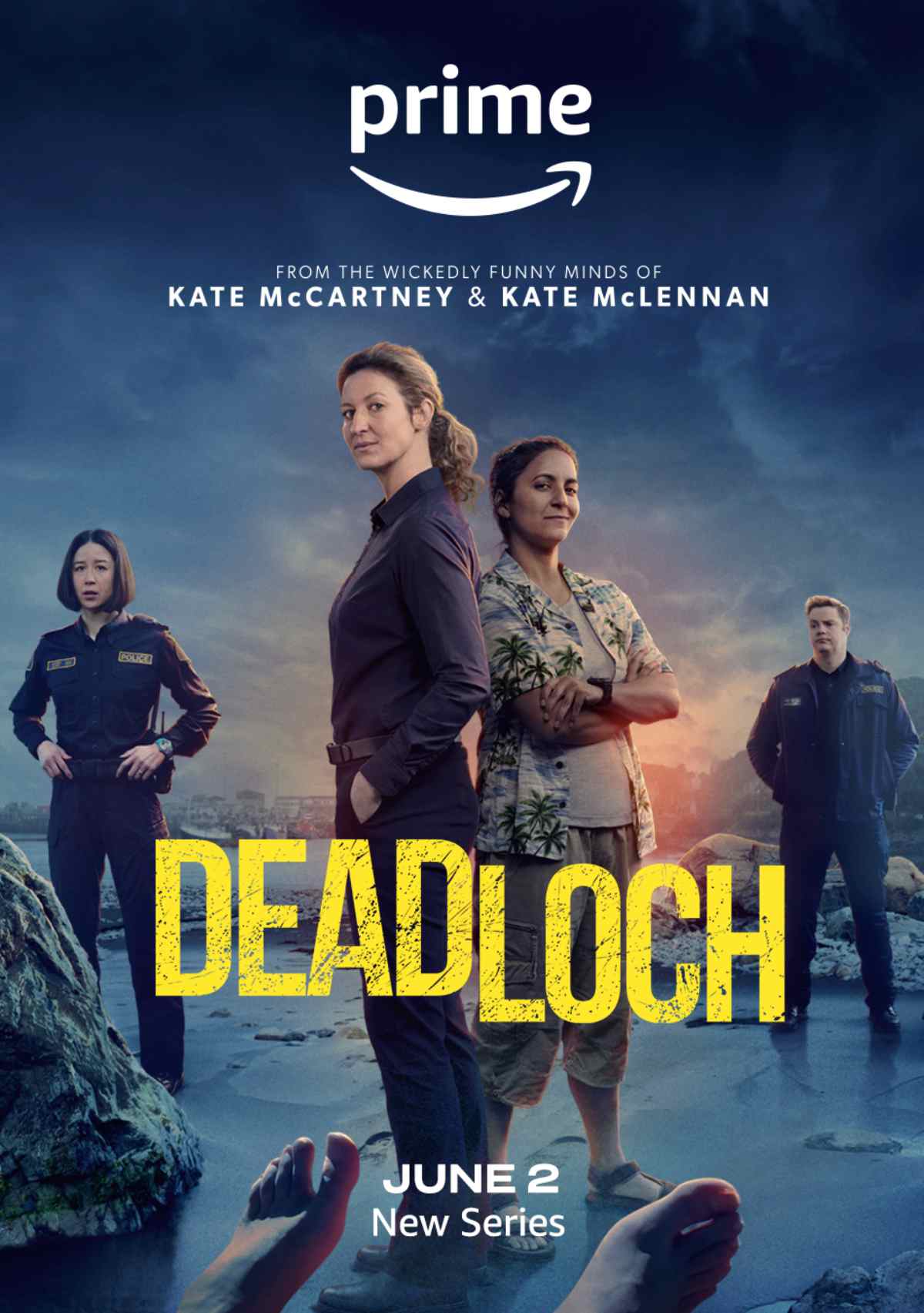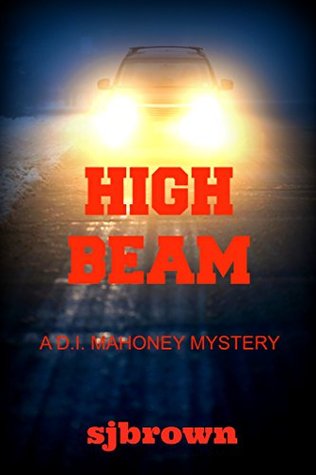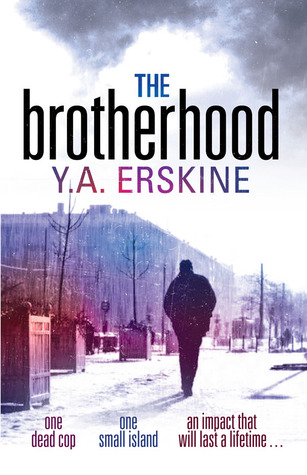Since moving to Tasmania and embracing the scene, I have naturally started to toy with an idea about a modern-day, Outback-noir style, fantasy (duh) crime mystery. So for the sake of ‘research’ I’ve been reading a few police procedurals and crime fiction set in Tasmania.
Or so I thought.
This post collects several reviews in one, and my observations on the genre. Must say, I’ve been caught by surprise with some aspects.
(I mentioned this blend of magical realism and Tasmanian police operations on my recent newsletter — amongst a call for submissions by my publisher and pictures of my new tattoos ;-).
The material

First, a shout-out for the Deadloch TV series. This is an absolutely hilarious, quite dark murder mystery. With the caveat that this is TV — ie if they tell you Tasmania is part of Australia it bears double checking — it’s a great series.
I don’t expect it to represent realistic police operations, but it’s a good example of middle-of-nowhere serial killings. Hence the name of the associated genre, Outback Noir. The small town makes for a cosy setting, the crimes are appropriately heinous, and the characters deliciously quirky. It makes for a wild ride.
You can view the trailer on IMDB, or the whole series on Amazon Prime (and I do highly recommend it, for a perfect blend of dark humour police drama; I’m eagerly waiting for the next series).
Now for the books. You can also read about the Outback Noir genre as it applies to novels on ABC and Penguin. Neither of the two I’m covering here are quite “outback”, as they are set in Hobart, Tasmania’s capital. That said, Tassie is Australia’s smallest state and Hobart has a small, provincial feel to it. Everyone knows everyone, kind of thing.

I first read High Beam, by SJ Brown (my full review). It’s nominally a police procedural and revolved around the state’s new AFL club and stadium (this is a bit of fantasy, and still a sore point). We are introduced to the cast of characters over a few days, until one of them inevitably ends up dead. From that point on the police are doing their best to find who’s responsible, while we are left guessing at the exact culprits and their motives as well, based on the information we know and suspect.
It’s a good read, heavy on the Tassie (and generally Aussie) scene, with interesting characters. It’s the first of a series “starring” DI Mahoney. It’s not too demanding or confronting, a straightforward police-procedural crime novel where the main questions are around motive and ultimate culpability than the technicalities of the death.

Next I read The Brotherhood, by Y. A. Erskine (my full review). The story revolves around the human drama surrounding the murder of a Hobart police officer. Even though it’s the capital, it’s still a relatively small town in Australia’s smallest state. Lives intersect — as each chapter is written from a different character’s point of view — and it’s this and the backstories that lead up to the crime that make up much of the novel.
Again, it’s an engaging read, well written, and filled with interesting characters. Erskine’s background as a police officer comes through clearly. She doesn’t take a completely positive tone about the police either, exposing both the good and the bad, the differences between personalities and ranks, and the internal and external conflicts that police officers and those who interact with them face.
My Observations
The Deadloch TV series was very much a thriller race to catch a serial murderer. It had a good woop woop vibe, a balance of gruesome jokes and crimes, and a solid focus on the plot, even if — and I have it on good authority — no Aussie police detectives would behave that way. Considering the number of puns I already have in mind for the novel, the atmosphere would be a good standard to aspire to.
The books, however, were quite different.
The first observation is that the crime isn’t particularly hard to solve. I realise this is more probably more like real life, where the perpetrators were already “known to the police” and connecting the dots is straight-forward police work. Still, for someone who grew up on detective mysteries it’s a bit of a disappointment due to a lack of tension.
Next, is that most of the novels seem to be composed of back-stories. The focus is on the human drama surrounding the crime — whether it’s the political power plays in High Beam or the one-of-our-own in The Brotherhood — and to unfold that we obviously need to explore the people’s lives that led them to this moment.
Coming from reading mainly spec fic, it’s interesting to see how readers respond differently to those approaches in the different genres. Try those digression and rambling flashbacks in a fantasy novel, and readers would yell at you for excessive info-dumping and detracting from the forward-momentum of the action.
Now, don’t get me wrong, both books were very well written, engaging, and generally a joy to read. The shifting points-of-view, the slow disclosure of relevant information, and the emotions of the characters and the reader as we go through the revelations all make for good stories. It’s just very different than what you might expect coming in from other genres, or even the TV show.
It’s interesting (to me, at least) how genres evolve their own tropes and themes that can be quite different. I like to read a variety of genres (and even non-fic), as the different experiences enhance my own writing, which often blends elements from different genres. It may not make me a best selling author, but it’s my stories, just the way I like them. (Besides, improvement is dependent on self-reflection, to say nothing about how writing and polymathy are linked). I also delved deeper into the subject of audience expectations vs artist’s agency in my recent newsletter a few days ago. You can find the newsletter and archives here: https://egretia.substack.com.
All in all, I found the novels (particularly the second) closer to literary fiction than police procedural drama, more akin to Nine Perfect Strangers than Law & Order. I’m curious to try other authors and books in the genre, especially ones set in more remote places (Outback Noir), whether police procedural or otherwise.
What were your experiences with these genres? Would you have any recommendations for me of police/crime fiction set in Australia, Tasmania in particular?
Enjoying my rambling or reading and writing? It’s a bit too soon to announce that other project I mentioned — let me get In Victrix out the door first this year — but in the meantime enjoy Felix’s free short stories and novels, blending fantasy, mystery, and history.
